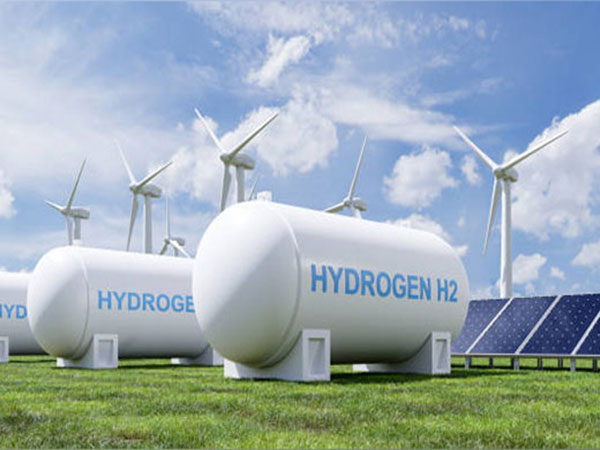India's Race Against Time: Green Hydrogen Key to 2030 Net-Zero Target
A report from S&P Global indicates that India must rapidly advance its green hydrogen economy to meet its interim net-zero emission target by 2030. The government is urged to enhance investments, policy frameworks, and private sector engagement to overcome existing challenges and accelerate energy transitions.

- Country:
- India
A report by S&P Global highlights that India cannot achieve its interim net-zero emission target of 2030 without significantly advancing its green hydrogen economy. The delay in meeting this target could extend by as much as a decade.
The green hydrogen sector is pivotal to India's energy transition strategy, necessitating urgent investment and policy support. India must fast-track the development of its green hydrogen economy, focusing on energy efficiency, renewable energy, low-emission fuels, and sustainable mobility.
India's government policy framework combines subsidies, mandates, taxes, and incentives to stimulate the green sector. However, historically, fossil fuels have received 37 percent of average allocations, compared to just 5 percent for green energy over the past five years.
To aid financing for green technologies, India is establishing a carbon market framework and climate finance taxonomy. A significant challenge is the disparity in returns between fossil fuel companies and green energy enterprises, with the former outperforming the latter by an average of 8.3 percent in capital returns over the last five years.
Although gas plays a minor role, contributing only 6 percent to India's energy mix, it must play a pivotal role in transitioning away from coal, with the government aiming to increase this share to 15 percent by 2023.
India's energy transition also requires securing access to 30 critical minerals, both internationally and domestically. Reforms in the power sector are essential to address issues such as high transmission and distribution losses and inefficient operations. Encouraging private participation and fostering a competitive market can enhance grid reliability.
Significant improvements in energy productivity can be achieved by focussing on energy-intensive industries and promoting efficient public transport and construction technologies. Expanding energy-efficient cooling solutions and developing robust manufacturing ecosystems for batteries, electrolysers, and photovoltaic systems is crucial.
Scaling up clean energy investments requires an environment conducive to green bond issuances and innovative financing models. Strengthening financial institutions to manage green projects will attract private capital. Promoting decentralised renewable energy solutions and supporting off-grid technology research will address energy access challenges, particularly in rural areas. Public-private partnerships can drive significant technological advancements.
(With inputs from agencies.)










